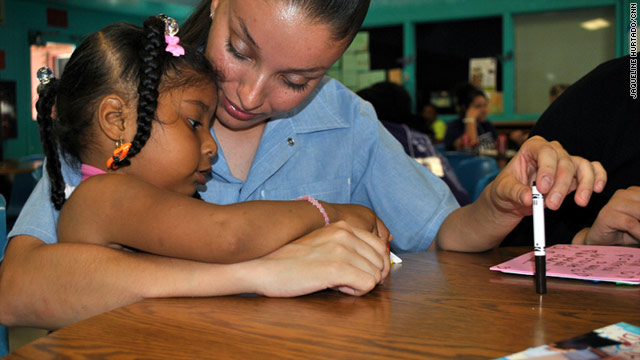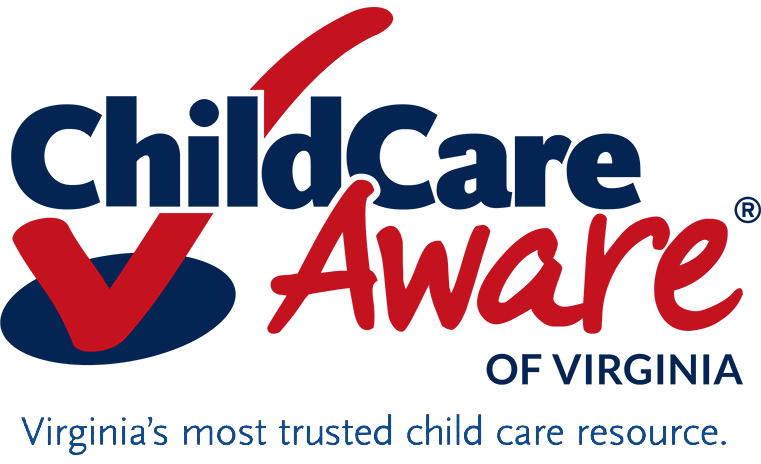
In our last blog post, we learned about social-emotional milestones and the importance of observing as our children develop…but what happens if we notice that our child isn’t meeting his or her milestones?Although children have their own timetables and develop at different rates, we need to be on the look out to make sure their development is on track. It can be a challenge knowing what to do, when to worry, and when to act. So let’s talk!
Parents and caregivers often suspect developmental delays long before they act on it. Knowing when  to be concerned about your child’s social emotional development and seeking assistance can be difficult. You may think, “He’ll get there eventually” or “Maybe that’s just not her strong suit.” It can be easy to brush it aside when your child isn’t reaching a milestone because we don’t want to assume the worst. Remember- if you have a concern, trust your instincts. The best thing you can do is to act early!
to be concerned about your child’s social emotional development and seeking assistance can be difficult. You may think, “He’ll get there eventually” or “Maybe that’s just not her strong suit.” It can be easy to brush it aside when your child isn’t reaching a milestone because we don’t want to assume the worst. Remember- if you have a concern, trust your instincts. The best thing you can do is to act early!
There are many factors that can contribute to delayed social-emotional development. Whether the cause is a genetic disorder, premature birth, environmental toxins (such as lead in the home), family issues, or other factors, it’s important to know the signs and act early.
Signs Your Child May Benefit From Further Assessment
Children certainly go through phases and challenging behaviors do arise (check out our previous blog serieson challenging behaviors!). However, the following signs may show that your child could benefit from further assessment. If in doubt, there’s no harm in seeking help from a professional! Addressing delays in social-emotional development early on has been proven to be more effective than when they are addressed later in life according to the Center for Disease Control (CDC).
- Your child’s behavior is out of character

- You commonly label your child as “difficult”
- Your child’s behavior makes relationships with others difficult
- Your child’s behavior takes place in multiple settings and is observed by multiple people
- Your child’s behavior continues over time
So… What Do I Do If I Have a Concern?

Talk to your child’s doctor. As the parent you know your child best, so don’t second guess yourself. If you have a concern, it’s best to speak up sooner rather than later. Don’t wait, because acting early can make a big difference! Call your doctor’s office and say, “I’d like to make an appointment because I’m concerned about my child’s development.”Be ready to share your concerns when you arrive at your appointment. You can prepare by completing a milestone checklistand make a list of observations/notes. You are with your child daily so the doctor is looking to you for details and examples of why you are concerned. Writing these down before your appointment will give you time to reflect on what you want to share with the doctor and also to be sure you don’t leave anything out. If your child regularly attends child care, be sure to ask your provider what behaviors they may have noticed and include them in your notes for the doctor.
If needed, consult a specialist. If your doctor also feels there is reason for concern, ask for a referral to a specialist and contact Virginia’s Early Intervention program- Infant & Toddler Connection of Virginia. If your child is over the age of 3, your local public school may provide additional information and support. For free intervention services, call your local public school and say, “I have concerns about my child’s development and I’d like to have my child evaluated through the school system for special education services.” (CDC, Learn the Signs. Act Early)
Additional Resources
- Use this Milestone Tracker Appto gauge your child’s development
- Check out this site to learn simple ways you can help your child’s development

